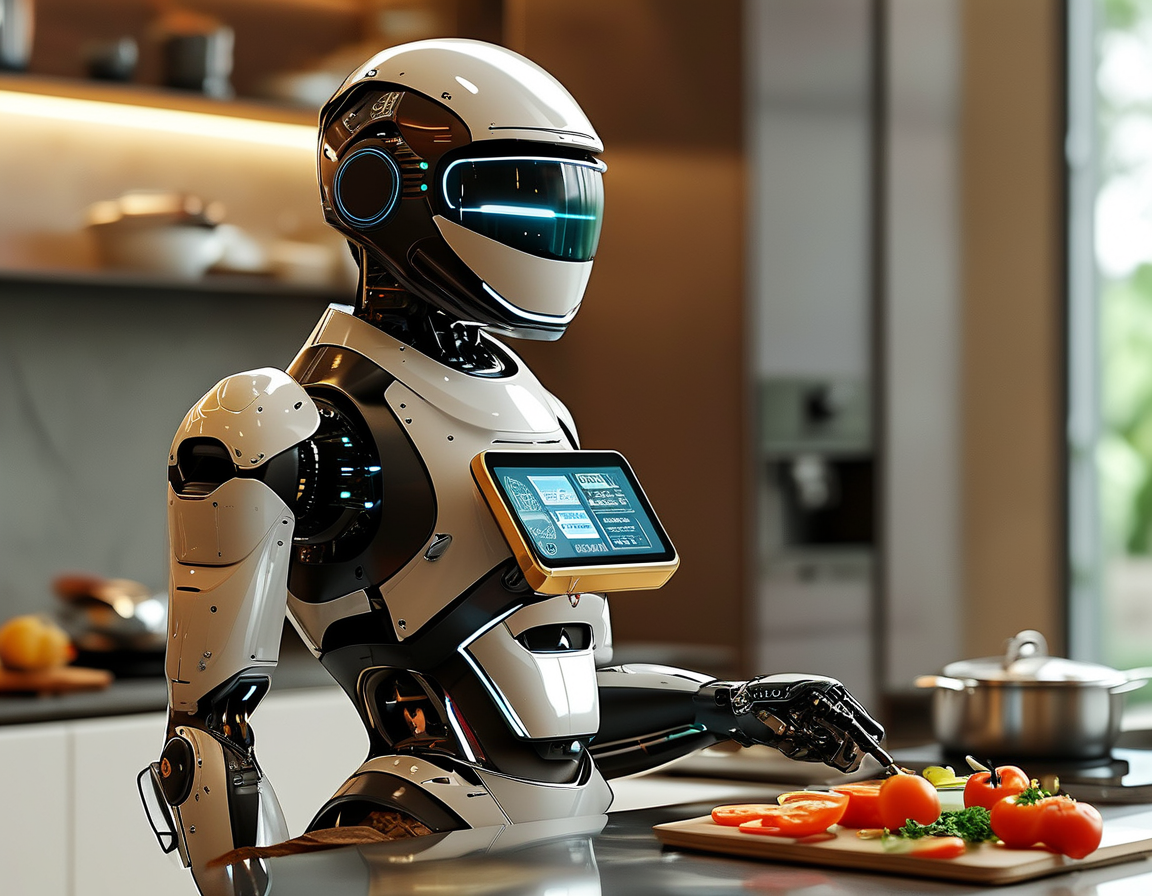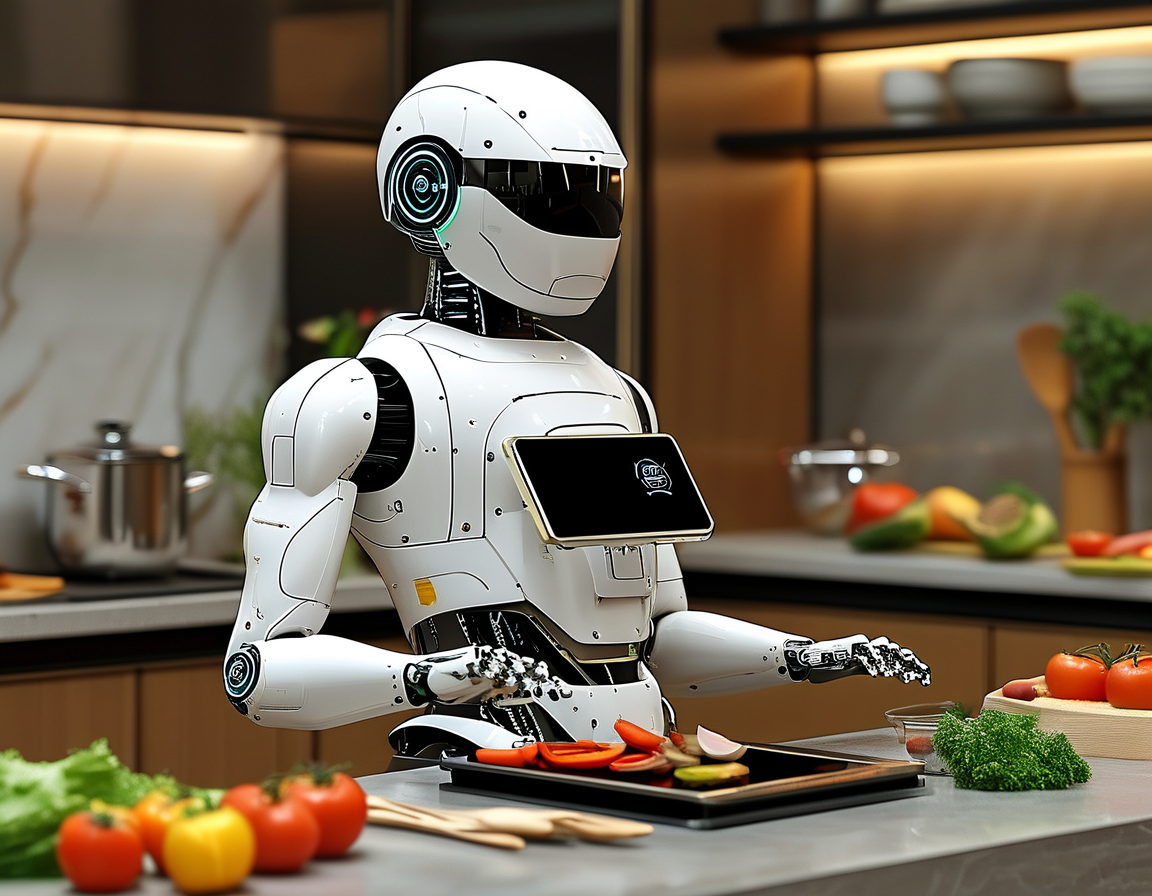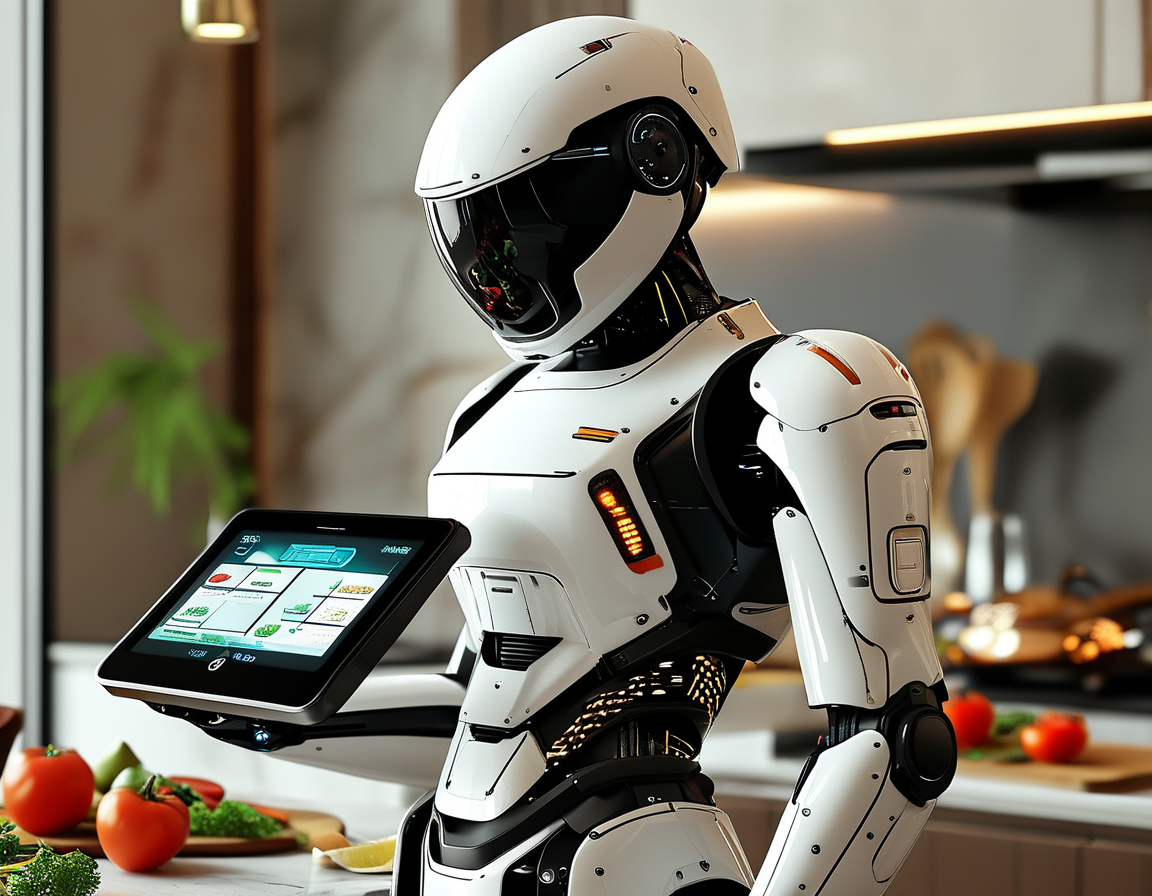In a world where technology is reshaping our lives, have we finally reached a culinary crossroad? Introducing a new cooking robot, priced at $4,000, that claims to outcook professional chefs. Does this mark the dawn of a new era in home cooking, or is it merely a shiny gimmick?

The cooking robot boasts advanced artificial intelligence and precision that can replicate an array of recipes. Imagine a machine that can chop, sauté, simmer, and even bake. Not just that, it can adjust cooking times and temperatures for optimal results. For those who have long struggled at the stove, this technology could be a game-changer. Picture novice cooks preparing Michelin-star quality meals in their own kitchens. The convenience of having a powerful kitchen assistant is undeniably tempting.
Yet, let’s pause for a moment. Can a robot really outperform seasoned chefs? Cooking isn’t just a science; it’s an art form. Chefs dedicate years honing their skills. They develop unique styles and adapt recipes based on what’s in season or personal tastes. The heart of cooking lies in human creativity and emotion. Can a robot truly replicate that artistry?

Proponents argue that this cooking technology democratizes gourmet dining. Everyone, they say, should have access to delicious food without years of practice. It’s an exciting prospect for those who love food but haven’t mastered the saucepan. Still, one must wonder: at what cost?
The potential arrival of cooking robots could disrupt the culinary job market. If chefs are replaced by machines in restaurants and homes alike, what becomes of the culinary profession? It raises an ethical dilemma. Will chefs need to upskill, focusing on more complex tasks that robots cannot handle? Or are they bound to become obsolete, victims of automation?

Critics highlight that technology can fail. A machine might handle optimal conditions effectively, but can it adapt to the unexpected? Ingredients can vary. Recipes can change, sometimes unexpectedly. Only human chefs possess the intuition gained from experience to navigate these culinary challenges. Is there a risk that we would lose more than just jobs, but the very joy of cooking?
There’s something uniquely satisfying about cooking. The aromas, the sounds of a meal coming together, the sheer delight of creating something from scratch—these are sensory experiences. Can a machine ever replicate that essence? The act of cooking—or as some see it, the act of love—is deeply personal. How many family memories are tied to meals prepared by hand?
Delving into the implications of this cooking robot offers much to consider. It’s not simply a tech-versus-tradition debate. It challenges us to redefine cooking’s role in modern society. While the convenience of a cooking robot is alluring, does it undermine the artistry and human connection in food preparation?
So, will we embrace this technology as a helpful tool, or resist it in favor of cherished culinary practices? The future of cooking hangs in the balance amidst this ongoing conversation. As we explore the possibilities, let’s not lose sight of what makes cooking a universal joy. Are we ready to invite these robots into our kitchens, or will we fight to keep cooking an artful, human experience?
Leave a Comment